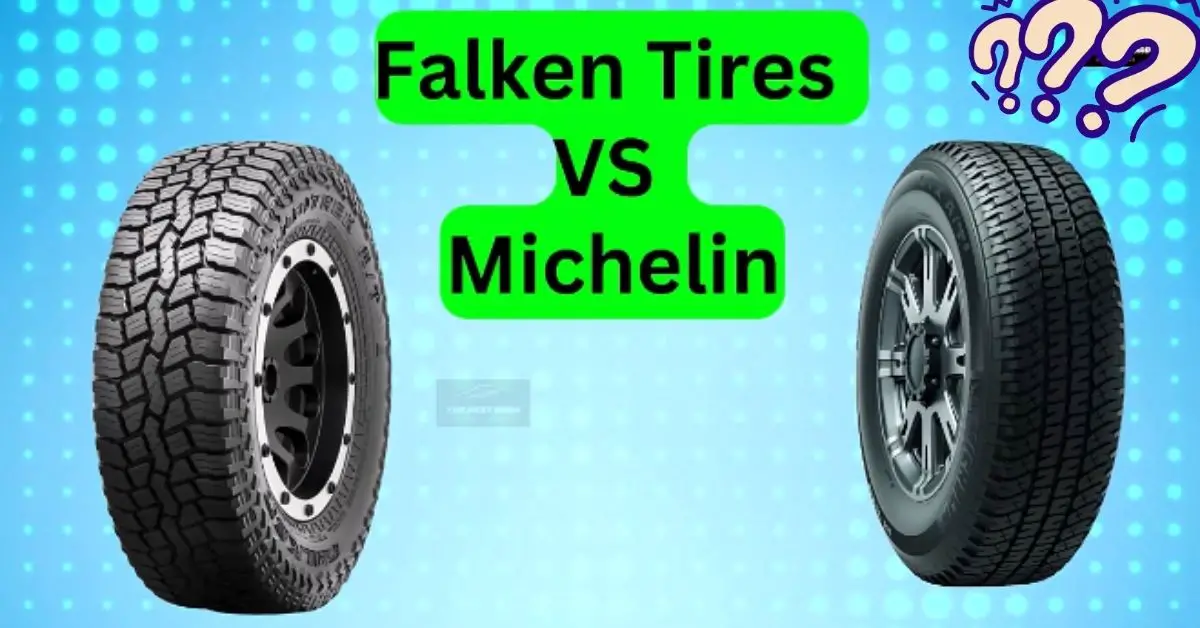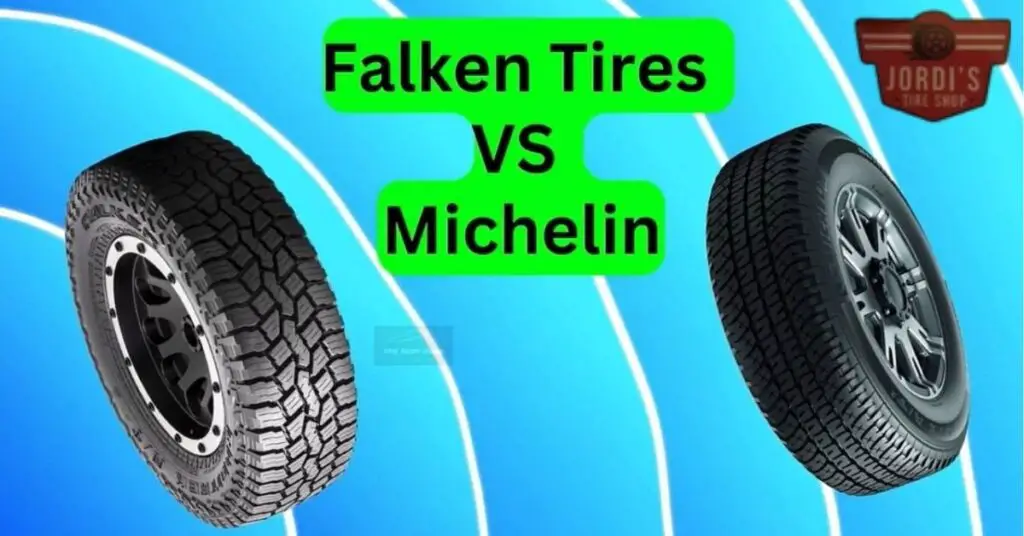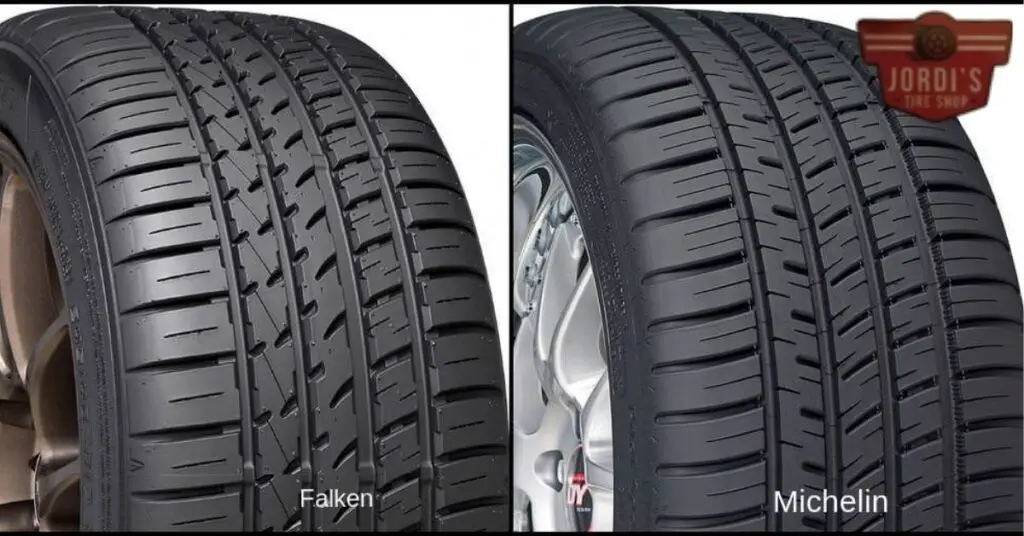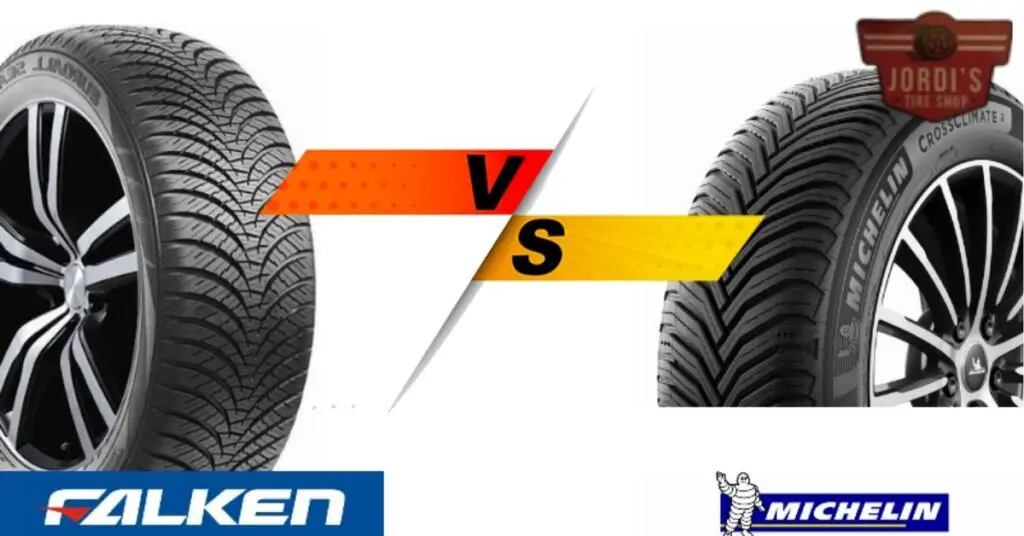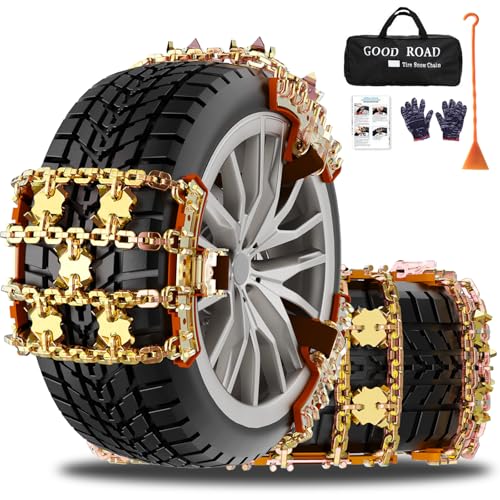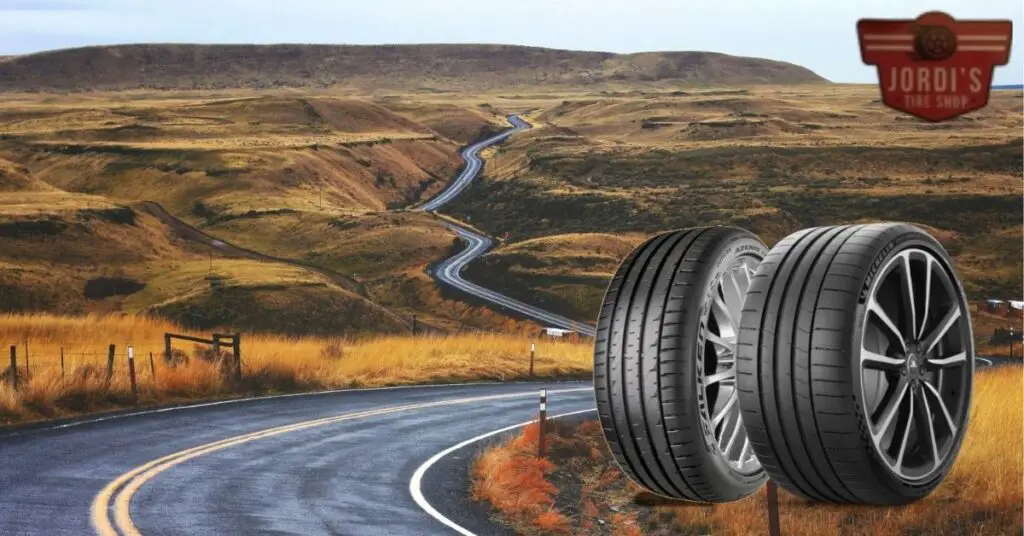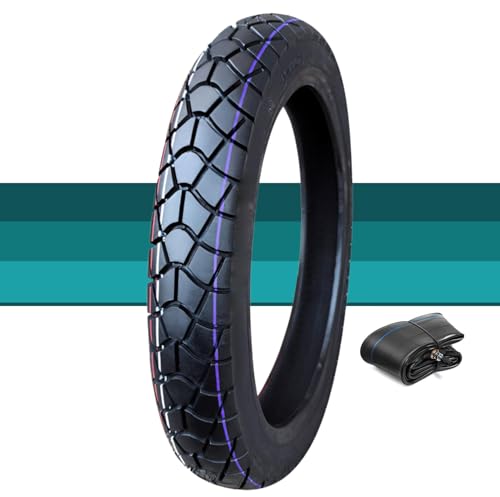When it comes to choosing the right tires for your vehicle, the decision often boils down to brand reputation and performance. Falken and Michelin are two names that frequently pop up in these discussions. Both brands offer a range of options designed to meet various driving needs, but how do they stack up against each other?
You might find yourself wondering if Falken’s affordability can compete with Michelin’s long-standing reputation for quality. In this article, we’ll delve into the key differences between Falken and Michelin tires, helping you make an informed choice that suits your driving style and budget. Whether you’re looking for durability, performance, or value, understanding these differences is crucial.
Overview of Falken and Michelin Tires
Choosing the right tires involves evaluating key aspects like performance and durability. Understanding the features of both Falken and Michelin tires helps you make an informed decision.
Key Features of Falken Tires
- Affordable Pricing: Falken tires offer great value. High-quality performance is available at a lower price point compared to premium brands.
- Performance-Oriented Designs: Focus on sporty handling and stability. Ideal for drivers seeking a spirited driving experience.
- Durability: Strong wear resistance. Delivers long-lasting tread life in various driving conditions.
Key Features of Michelin Tires
- All-Season Versatility: Models like Falken Ziex and Sincera handle diverse weather conditions. Performance remains consistent across seasons.
- Premium Quality: Michelin tires lead in innovation and craftsmanship. Maintains high standards across all product lines.
- Superior Performance: Enhanced traction, braking, and cornering. Ideal for both everyday driving and high-performance needs.
- Long Tread Life: Advanced rubber compounds and design. Extends tire longevity and improves mileage.
- Environmental Commitment: Focus on sustainability. Uses eco-friendly materials and promotes fuel efficiency with models like Michelin Energy Saver.
Understanding these features helps clarify the specific advantages each brand offers for your driving requirements.
Performance Analysis
Understanding the performance of Falken and Michelin tires can help you make informed decisions based on grip, handling, durability, and wear characteristics.
Grip and Handling
Falken tires provide strong grip and precise handling, particularly in dry conditions. For instance, the Falken Azenis series delivers high performance on both highways and curvy roads. These tires offer stability even at high speeds, making them ideal for spirited driving.
Michelin tires, in contrast, excel in both dry and wet conditions. The Michelin Pilot Sport range showcases exceptional grip and responsive handling, improving overall driving safety. These tires maintain traction during sharp turns and sudden stops, ensuring consistent performance across various road conditions.
Durability and Wear
Durability remains a key factor for many drivers. Falken tires use advanced rubber compounds to enhance tread life. The Falken Ziex series, for example, is designed for extended wear, making it suitable for daily commuting and long-distance travel.
Michelin tires stand out for their long tread life, backed by extensive warranties. The Michelin Defender line offers impressive longevity with even wear patterns. These tires use EverTread technology, which contributes to their endurance across different seasons and terrains.
Price Comparison
Tire prices vary greatly between brands. Comparing Falken and Michelin tires will help determine which offers better value.
Cost-Effectiveness
Falken tires generally cost less than Michelin tires. For instance, a Falken Ziex ZE950 in common sizes costs around $100-$150 per tire, whereas a similar-sized Michelin Defender T+H is typically priced between $125-$200. Despite the higher cost, Michelin tires provide longer tread life and superior performance, potentially offsetting the initial price difference over time.
| Tire Model | Average Cost (per tire) |
|---|---|
| Falken Ziex ZE950 | $100-$150 |
| Michelin Defender T+H | $125-$200 |
Value for Money
Assessing value for money isn’t just about initial costs. Michelin tires, while more expensive, come with enhanced features such as advanced tread compounds and better warranties, offering a higher lifetime value. Conversely, Falken tires deliver solid performance at a more affordable price point, providing an attractive option for budget-conscious drivers.
Performance vs Price
When considering performance relative to price, Falken tires cater to those seeking reliable, performance-oriented tires without breaking the bank. The Falken Azenis FK510, for example, offers excellent dry road performance at a mid-range price point. On the other hand, Michelin’s premium models like the Pilot Sport 4S deliver unrivaled handling and safety, justifying their premium pricing for consumers who prioritize top-tier performance.
| Tire Model | Key Performance Feature | Cost Range |
|---|---|---|
| Falken Azenis FK510 | High-speed stability, dry grip | $150-$200 |
| Michelin Pilot Sport 4S | Superior handling, safety | $200-$300 |
Long-Term Investment
Choosing Michelin tires represents a long-term investment in quality and performance. The initial higher cost is often mitigated by their longer lifespan and less frequent replacement need. For instance, while a set of Michelin tires may last 60,000 miles, a less expensive set of Falken tires may need replacing at 40,000 miles, potentially resulting in similar total costs over time for different lifespans.
Customer Satisfaction and Reviews
Customer reviews and satisfaction offer critical insights when deciding between Falken and Michelin tires.
Falken Tire Reviews
Falken tires receive positive feedback for affordability and all-season capabilities. Customers often praise the performance in wet and dry conditions, highlighting the solid traction and handling. Drivers appreciate the value offered within a budget-friendly price range. Some reviews mention shorter tread life compared to premium brands, which might affect long-term satisfaction.
Michelin Tire Reviews
Michelin tires boast high ratings for longevity, comfort, and superior performance. Customers commend the impressive tread life and consistency in different weather conditions, including snow and ice. Many note the smooth, quiet ride and enhanced fuel efficiency. Despite the higher cost, users often report a high level of satisfaction, emphasizing the quality and reliability that justify the investment.
Conclusion
Deciding between Falken and Michelin tires ultimately depends on your specific needs and budget. Falken offers a cost-effective solution with reliable performance and all-season versatility, making them an excellent choice for those on a budget. Michelin, while more expensive, provides superior quality, longer tread life, and enhanced features, making them a worthwhile investment for those seeking top-tier performance and longevity. Both brands have their strengths, so consider what matters most to you—whether it’s affordability or premium quality—to make an informed decision.
Related Posts:
- Yokohama vs Hankook Tires: Performance, Durability, and Pricing Compared
- Yokohama vs Goodyear Tires: Performance, Durability, and Eco-Friendliness Compared
- Yokohama vs Bridgestone: Which All-Terrain Tire Reigns Supreme?
- Nitto vs Michelin Tires: Which Brand is Best for Your Driving Needs?
- Falken vs Michelin Tires: Which Brand Offers Better Performance and Value for Money?
- BFGoodrich vs Michelin: Which Tire Brand is Best for Your Vehicle?
- Goodyear vs Michelin: Which Tire Brand is Best for Your Vehicle?
- Michelin vs Pirelli Tires: Which Brand is Best for Your Car?
- Firestone vs Michelin Tires: A Detailed Comparison of Performance and Value
- Toyo vs Michelin Tires: Which Brand Offers the Best Performance and Value?
- Hankook vs Michelin Tires: Which Brand Offers the Best Performance and Value?
- Goodyear vs Bridgestone Tires: In-Depth Comparison of Performance, Durability, and Customer Reviews
- Continental vs Pirelli Tires: A Comprehensive Comparison of Performance and Value
- Continental vs Bridgestone Tires: Which Brand Offers Better Performance and Durability?

